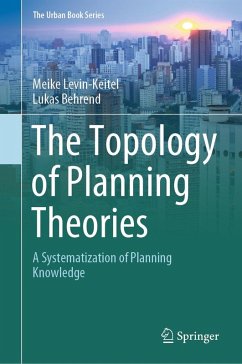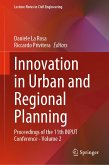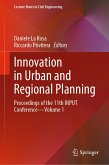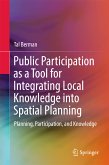Prof. Dr. Meike Levin-Keitel teaches and researches at the TU Dortmund University, Faculty of Spatial Planning in the field of spatial transformation in the digital age. She is interested in planning theories and their enhancement for years, she connects these fundamentals with questions of spatial transformation in cities and rural areas.
Lukas Behrend studied urban planning, philosophy and political science. He is a research assistant at the TU Berlin University and a doctoral student at the TU Dortmund University and particularly interested in questions of epistemology and ethics in spatial planning and development.
Dieser Download kann aus rechtlichen Gründen nur mit Rechnungsadresse in A, B, BG, CY, CZ, D, DK, EW, E, FIN, F, GR, HR, H, IRL, I, LT, L, LR, M, NL, PL, P, R, S, SLO, SK ausgeliefert werden.









